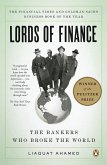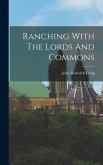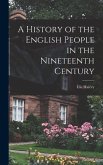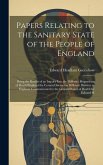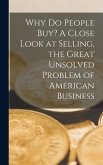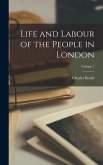The landed estates were one of the fundamental structures of early modern England. They were omnipresent, for they were not confined to the countryside but penetrated into every borough and city. English society was composed largely of landlords and tenants. It follows that to understand the nature of this society the relationship between the two must be studied, and in particular the role of the man who linked them: the estate steward. Stewards, Lords and People analyses the role of the estate stewards in the social mechanisms of later Stuart England. It is based on many years of research among more than 10,000 letters exchanged by stewards and their masters about estates as widely distributed as Northumberland and Cornwall, Cumberland and Sussex. Professor Hainsworth shows that the stewards' labours tended to promote social harmony as they mediated between lord and tenant, between town and country, and between 'national' and provincial culture. No mere rent collectors, the stewards were entrepreneurs exploiting mines and forests mills and quarries. They were election agents, almoners for their lords' charity, builders and developers of their mansions and gardens, ambassadors among their lords' neighbours, and conduits of their lords' patronage. Their regular reports, and their masters' responses, provide a vivid and detailed picture of the social and political life of England in the late Stuart era.
Hinweis: Dieser Artikel kann nur an eine deutsche Lieferadresse ausgeliefert werden.
Hinweis: Dieser Artikel kann nur an eine deutsche Lieferadresse ausgeliefert werden.

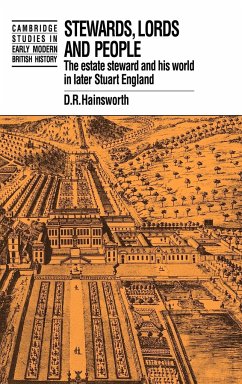
![The Colored People of Chicago: An Investigation Made for the Juvenile Protective Association, by A.P. Drucker, Sophia Boaz, A.L. Harris [and] Miriam The Colored People of Chicago: An Investigation Made for the Juvenile Protective Association, by A.P. Drucker, Sophia Boaz, A.L. Harris [and] Miriam](https://bilder.buecher.de/produkte/67/67031/67031475m.jpg)
